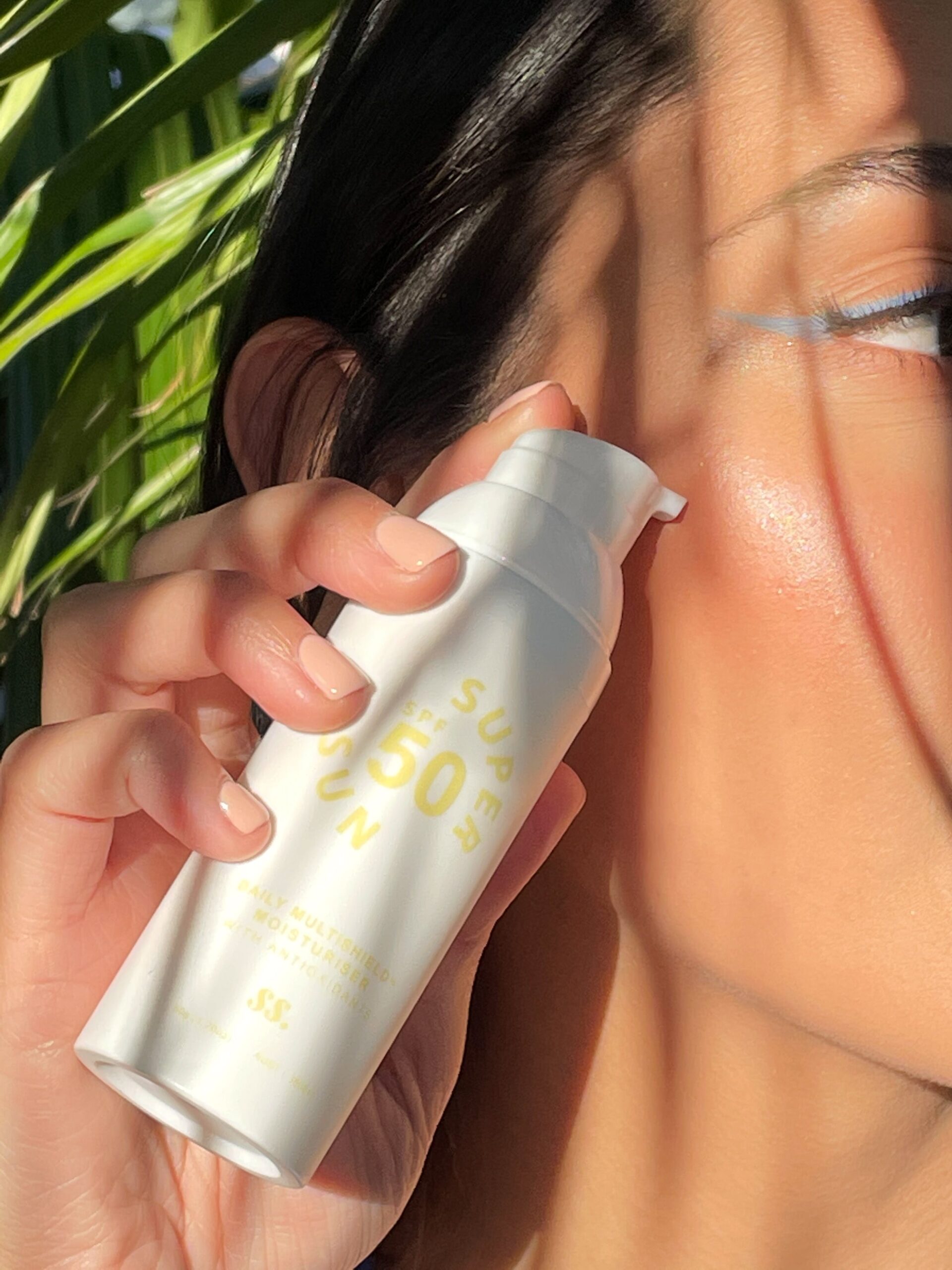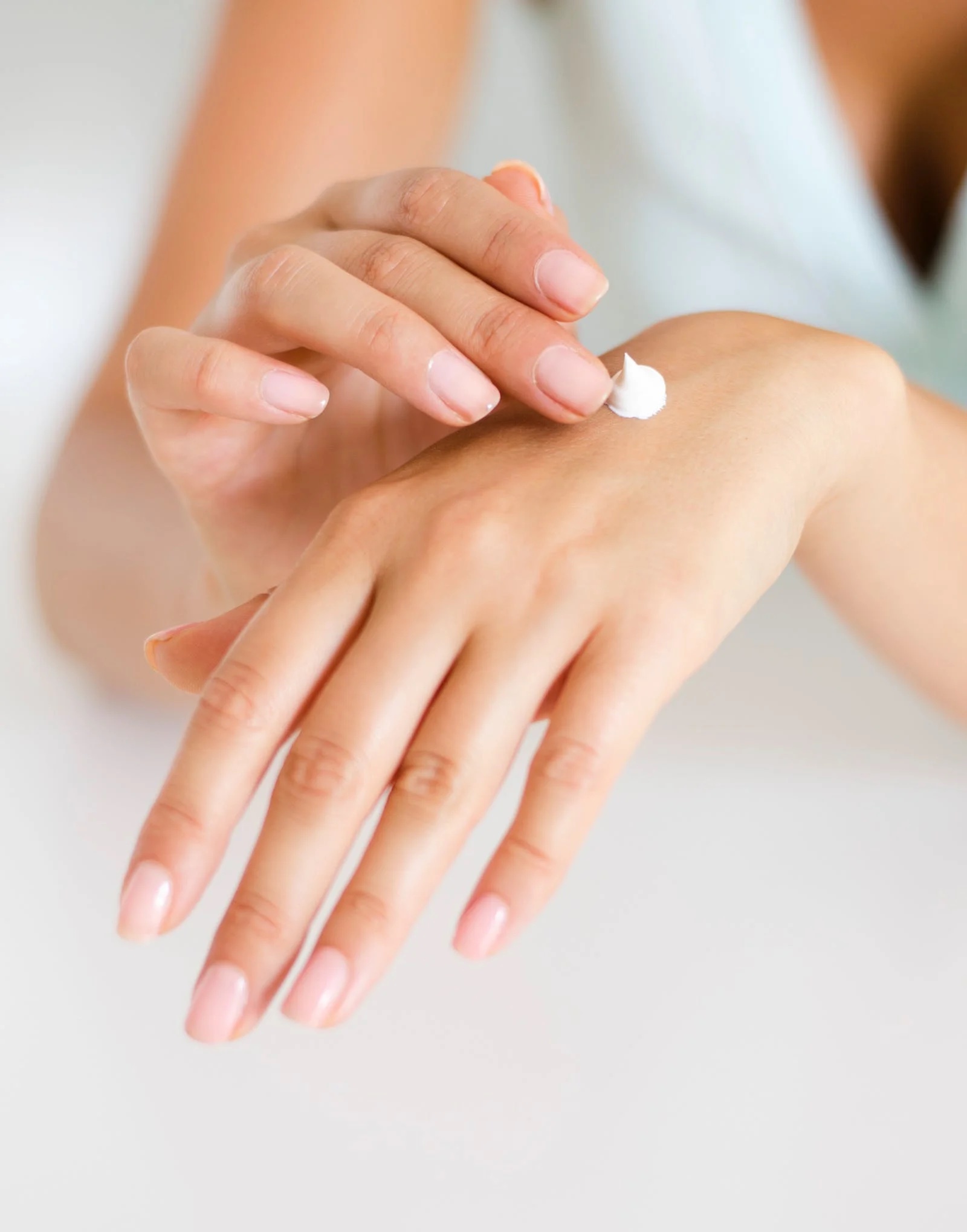As the sun’s rays bathe us in warmth and light, it’s easy to forget the potential harm they can cause to our skin. Sunscreen, however, stands as a powerful ally in the battle against sun damage, skin aging, and the risk of skin cancer. In this article, we’ll explore the significance of using sunscreen, the different types available, the meaning of SPF, and the key ingredients that make these protective potions so effective.
The Importance of Sunscreen
- UV Radiation and Skin Damage: The sun emits ultraviolet (UV) radiation, which can cause various types of skin damage. Prolonged exposure to UV rays can lead to sunburn, premature aging, and an increased risk of skin cancer.
- Preventing Skin Cancer: Skin cancer, including melanoma, is a serious concern, and protecting your skin from harmful UV rays is a crucial step in preventing its development. Sunscreen acts as a barrier, reducing the risk of skin damage that could contribute to skin cancer.
- Anti-Aging Benefits: Sunscreen helps to prevent premature aging by shielding the skin from the sun’s harmful effects, such as wrinkles, fine lines, and age spots. It plays a vital role in maintaining healthy, youthful-looking skin.
Different Types of Sunscreen
- Chemical Sunscreens: These sunscreens contain organic compounds that absorb UV radiation and convert it into heat, which is then released from the skin. They are typically easy to apply and come in various formulations, including lotions, creams, and sprays.
- Physical or Mineral Sunscreens: These sunscreens use minerals, such as zinc oxide or titanium dioxide, to create a physical barrier that reflects and scatters UV radiation away from the skin. Mineral sunscreens are often recommended for individuals with sensitive skin.
Understanding SPF
SPF, or Sun Protection Factor, is a numerical rating that indicates the level of protection a sunscreen provides against UVB rays—the type of radiation responsible for sunburn. The higher the SPF, the greater the protection. For daily use, a minimum of SPF 30 is recommended, but for extended sun exposure, especially during outdoor activities, SPF 50 or higher is advisable.
How Often to Apply
The effectiveness of sunscreen depends on proper application and reapplication. Follow these guidelines:
- Apply Generously: Use enough sunscreen to cover all exposed skin, including the face, neck, ears, and any other uncovered areas.
- Reapply Every Two Hours: Even if the sunscreen is labeled as water-resistant, it’s crucial to reapply at least every two hours, or more frequently if swimming or sweating.
- Pay Attention to High-Risk Times: If you’re spending extended periods in the sun, especially between 10 a.m. and 4 p.m. when UV rays are strongest, be extra diligent about reapplication.
Key Ingredients in Sunscreens
- Zinc Oxide: A common mineral sunscreen ingredient that provides broad-spectrum protection.
- Titanium Dioxide: Another mineral sunscreen ingredient known for its UV-blocking properties.
- Avobenzone, Oxybenzone, Octocrylene: Common chemical sunscreen ingredients that absorb UV radiation.
- Antioxidants: Some sunscreens contain antioxidants like vitamin E to provide additional protection against free radicals.
In the quest for healthy and radiant skin, the consistent use of sunscreen is a non-negotiable step. From preventing sunburn to reducing the risk of skin cancer and slowing down the aging process, the benefits are manifold. So, next time you step into the sunlight, make sure to arm your skin with the protection it deserves—a shield against the sun’s powerful rays that allows you to bask safely in its warmth.

